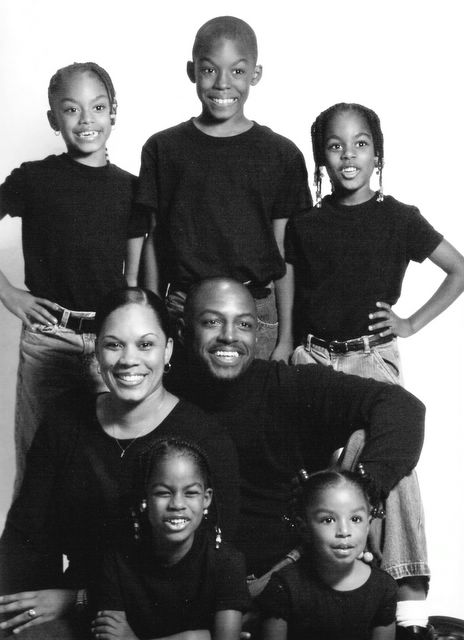According to reports: "The Trustees at Southwestern Baptist Theological Seminary have put it in writing: They will not tolerate any promotion of speaking in tongues on their campus." In a resolution that passed 36 to 1, the board stated:
"Southwestern will not knowingly endorse in any way, advertise, or commend the conclusions of the contemporary charismatic movement including private prayer language. Neither will Southwestern knowingly employ professors or administrators who promote such practices."
Paige Patterson, president of Southwestern, stated: "I have opposed (speaking in tongues) for all of these years because I think it's an erroneous interpretation of the Bible. Southern Baptists traditionally have stood against what we feel like are the excesses of the charismatic movement. All we're doing is restating where we've always been."
Dwight McKissic, the lone dissenter in the voting and probably the impetus for the statement, was displeased with the outcome but resolved to stay on as a member of the board. He stated, "My flesh wants to quit, but the spirit of God tells me that I've been called to this hour to do this."
Eric Redmond, pastor of Hillcrest Baptist Church in Temple Hills, MD and himself a board member, said, "We interpret the scriptures in such a way that we do not see room for a private prayer language and we're saying we will not waver on that."
Some will surely disagree with Southwestern. Whether we agree with them or not, we should at least admire the fact that they are willing to take a theological stand on an important issue. Clearly the statement is not meant to answer all questions associated with this debate. The statement is open to interpretation. Yet, no one can interpret it to mean that Southwestern is in favor of the practice of speaking in tongues, public or private. This surely was the point of their statement. They made that point. And good for them. This surely will not be the end of the debate, but it will give some clarification to the positions. I believe we surely could use more of this type of theological debate and clarification among African-American Christians.
(HT: PureChurch)

No comments:
Post a Comment